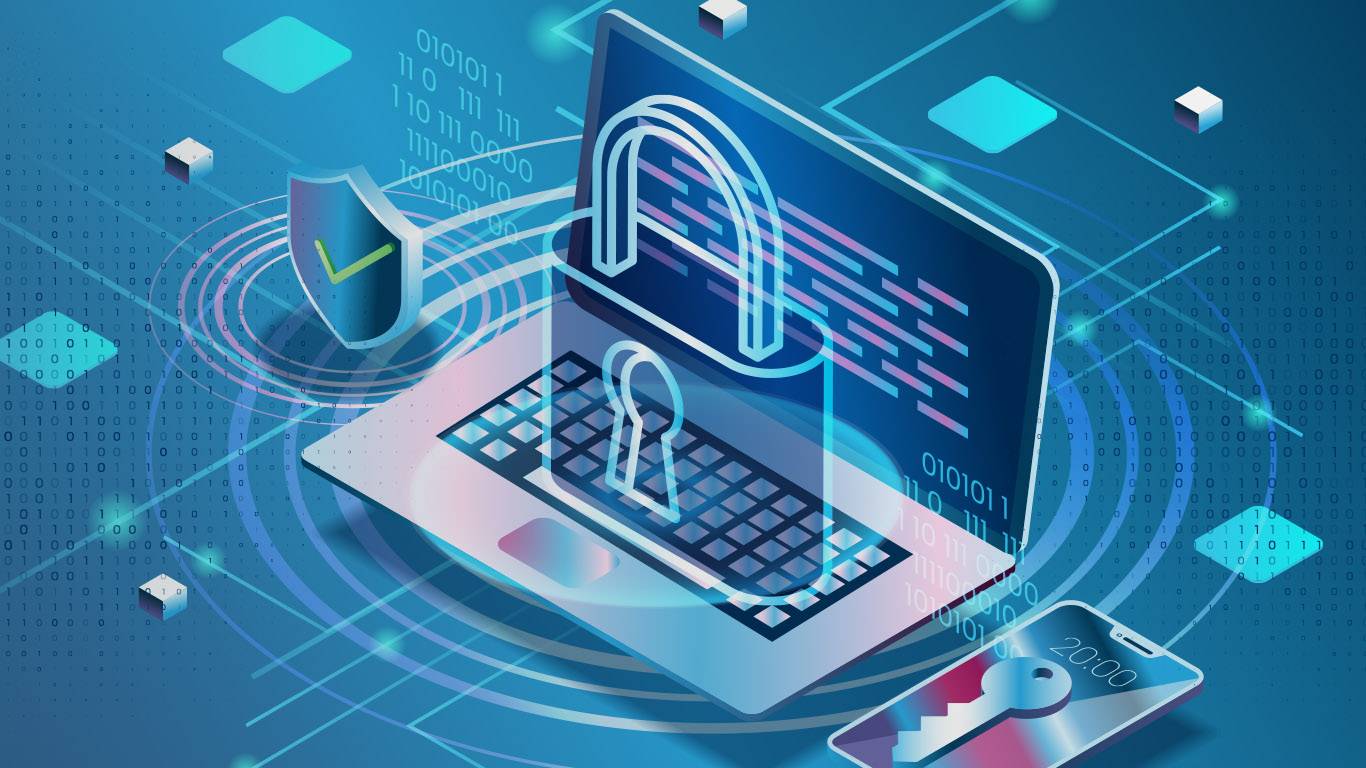
Insight

Understanding the Surface of ISO/IEC 27001
Friday, 17 December 2021
In general, most companies will have some type of information security management procedure. However, many companies haphazardly implement it: some are implemented to provide specialized solutions to specific problems, while others are frequently implemented as a matter of habit. This will only handle specific aspects of IT or data security, potentially leaving vital non-IT information assets exposed. To address these concerns, the ISO/IEC 27001 standard was created.
ISO/IEC 27001 is the international standard for information security. It assists companies in establishing, implementing, operating, monitoring, reviewing, maintaining, and improving their information security management system (ISMS). It is very beneficial for companies. Not only do the standards assist in the cost-effective management of a company's security risks, but it also sends a valued and crucial message to customers and business partners: this company does things the right way.
In one survey, 71% of organizations said they were regularly asked about proving they had ISO/IEC 27001 certification.
Failure to do so could make the difference between gaining and losing a customer to the competition. Many industries are becoming more competitive and coming up with new strategies to stand out to potential clients. Thus, ISO/IEC 27001 certification gives companies a competitive advantage by serving as a mark of trust for potential consumers and assisting them in creating a secure working environment.
4 Principles of ISO/IEC 27001
ISO/IEC 27001 is a standard that provides a set of methods for managing information security. It is built on four processes that should be followed on a regular basis to decrease risks to data confidentiality, integrity, and availability.
a. Plan
This phase assists a company in determining the extent of its ISMS objectives and controls. You must assess the company's external and internal concerns while implementing the planning phase. The identification of these issues could be quite beneficial to your company in terms of implementing ISO/IEC 27001 ISMS procedures and removing roadblocks.
b. Do
A company's ISMS policy, controls, processes, and procedures are implemented and exploited during this phase. A company creates a risk assessment and assesses the rationale for each structure in this phase.
c. Check
This phase includes monitoring, measuring, analyzing, and evaluating checks. In a documented procedure created earlier in the phase, the responsible personnel must measure the processes' performance against the policies, objectives, and practical experience.
d. Act
Based on the outcomes of the ISMS internal audit and management review, a company must take corrective and preventive actions. Companies must constantly improve to eliminate new threats, as continuous improvement is a requirement of ISO/IEC 27001.
The ISO/IEC 27001 standard must be implemented in order to ensure the good practices that this standard delivers to businesses. Its deployment is time-consuming, yet it gives enormous benefits. It can be the right digital innovation strategy for companies which are undergoing digital transformation to ensure its success.
Learn more about ISO/IEC 27001 and get your certification now at Multimatics!
Reference:
Practice, B. (2021, September 3). PDCA: An Implementation Guide to ISO 27001:2013. Best Practice. https://bestpractice.biz/pdca-an-implementation-guide-to-iso-270012013/
R. (2016, October 25). What is ISO 27001 and why is it so important for organisations? KRYPSYS. https://krypsys.com/iso27001/iso-27001-important-organisations/